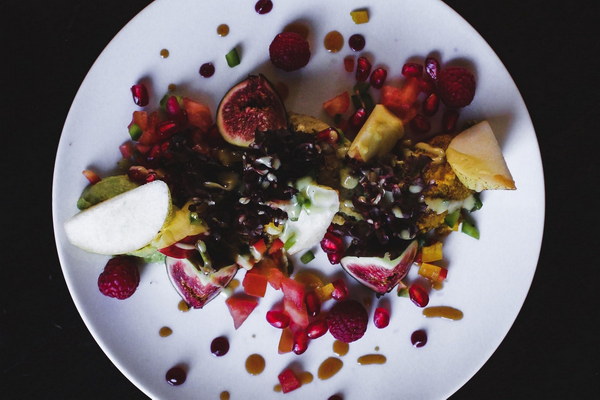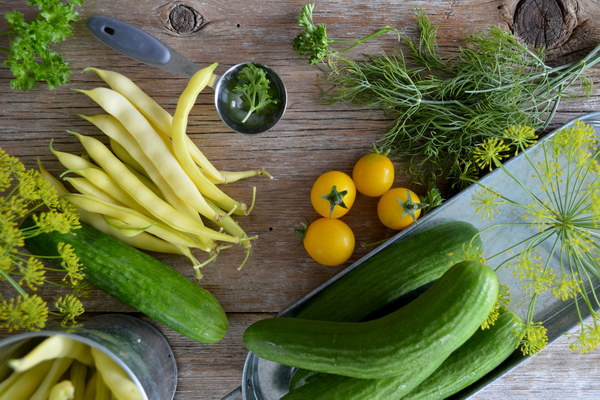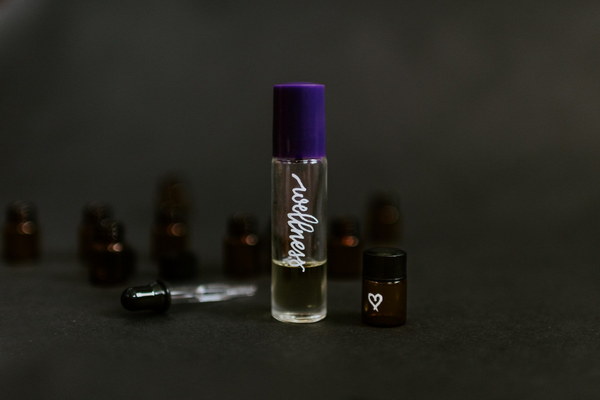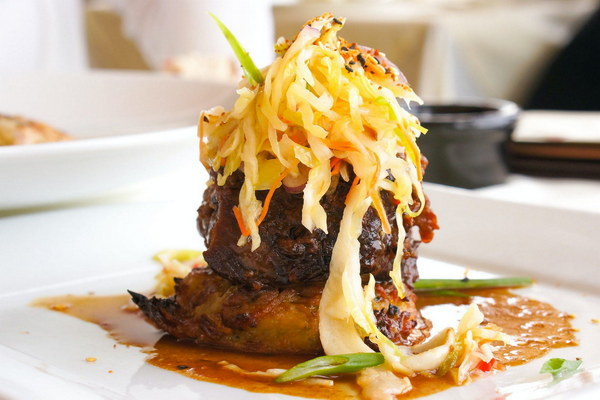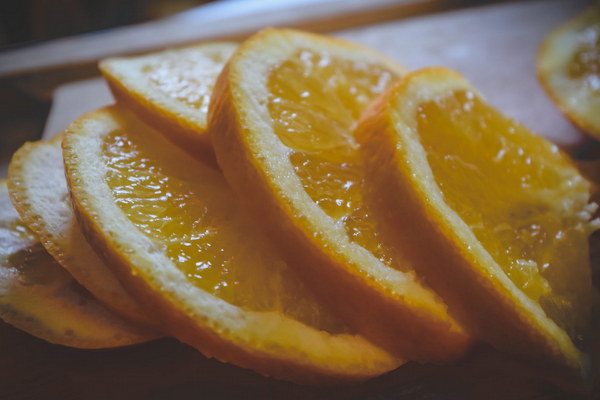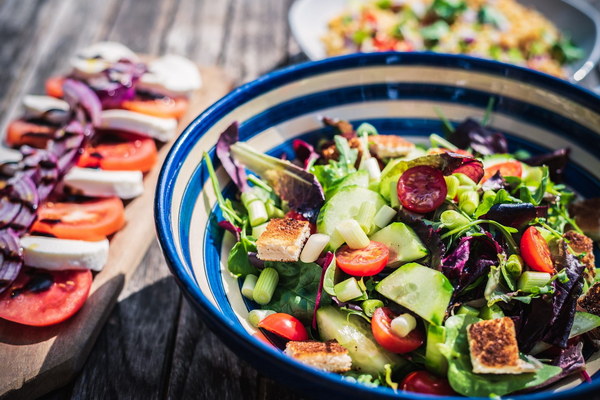How to Utilize Traditional Chinese Herbs for Boosting Qi and Blood A Comprehensive Guide
In the realm of Traditional Chinese Medicine (TCM), the concept of balancing Qi (vital energy) and blood is fundamental to maintaining overall health and vitality. A variety of herbal remedies are used to address deficiencies in Qi and blood, which can manifest as weakness, fatigue, anemia, or other related symptoms. This article delves into the world of TCM and offers a comprehensive guide on how to effectively utilize traditional Chinese herbs for boosting Qi and blood.
Understanding Qi and Blood in TCM
Qi and blood are essential components of the body's life force, and they are interconnected in maintaining health. Qi is the vital energy that flows through the body, regulating bodily functions, and providing strength and vitality. Blood, on the other hand, nourishes the tissues, organs, and cells, and is responsible for carrying oxygen and nutrients.
When Qi and blood are in balance, the body is healthy and robust. However, when there is a deficiency in either Qi or blood, various health issues can arise. TCM addresses these deficiencies by using herbal remedies that are believed to replenish and harmonize Qi and blood.
Common Herbs for Boosting Qi and Blood
There are several traditional Chinese herbs that are commonly used to boost Qi and blood. Some of the most notable include:
1. Ginseng (Ren Shen)
Ginseng is one of the most revered herbs in TCM for its ability to enhance Qi and vitality. It is suitable for treating fatigue, weakness, and other symptoms of Qi deficiency.
2. Astragalus (Huang Qi)
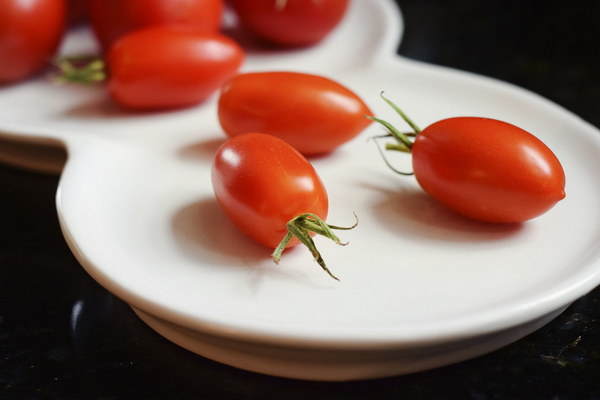
Astragalus is another popular herb that is used to boost Qi and support the immune system. It is often combined with other herbs to treat colds, flu, and other infections.
3. Angelica Sinensis (Dang Gui)
Dang Gui is a well-known blood-building herb that is often used to treat anemia, menstrual disorders, and other blood-related issues.
4. Codonopsis (Dang Shen)
Codonopsis is a substitute for ginseng and is used to treat Qi deficiency. It is also believed to have anti-fatigue properties.
5. Ligusticum Chuanxiong (Chuan Xiong)
Chuan Xiong is a herb that is used to promote blood circulation and treat symptoms of blood stasis, such as pain, cramping, and poor circulation.
How to Utilize These Herbs
To effectively utilize these herbs for boosting Qi and blood, follow these guidelines:
1. Consult with a TCM Practitioner
It is essential to consult with a TCM practitioner before beginning any herbal treatment. They can provide personalized advice and create a customized formula based on your specific health needs.
2. Choose the Right Form
Herbs can be taken in various forms, such as raw herbs, powders, capsules, or tinctures. The form you choose depends on your personal preference and the specific herb's properties.
3. Follow the Recommended Dosage
It is crucial to follow the recommended dosage for each herb. Overdosing can lead to adverse effects, while underdosing may be ineffective.
4. Combine Herbs for Synergy
TCM often involves combining multiple herbs to create a synergistic effect. Your practitioner will select the appropriate combination for your specific condition.
5. Monitor Your Progress
Keep track of your symptoms and report any changes to your practitioner. They can adjust your herbal formula as needed.
6. Maintain a Healthy Lifestyle
In addition to herbal treatment, maintaining a healthy lifestyle is crucial for replenishing Qi and blood. This includes a balanced diet, regular exercise, adequate sleep, and stress management.
Conclusion
Traditional Chinese herbs have been used for centuries to boost Qi and blood, and they continue to be a valuable part of TCM. By understanding the principles behind these remedies and following the guidelines provided in this article, you can safely and effectively utilize these herbs to improve your health and well-being. Remember to always consult with a TCM practitioner before beginning any herbal treatment.



